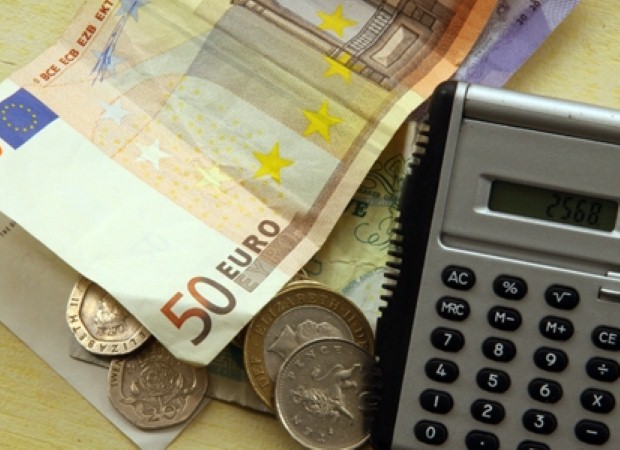The exchange rate: get more for your money
Wednesday, 8 August 2012 8:15 PM

Be savvy to get more for your money
Holidays have become something of a luxury for many Britons as the credit crunch continues to bite, but there are a number of ways to keep your costs down so you can still afford to get away for an annual break. As well as looking for budget vacations or cruise deals, capitalise on the exchange rate when changing your holiday money.
The rate moves up or down on a daily basis, making it difficult to know whether you'll be getting a good amount of currency for your pounds just before you head abroad. Read on for some tips to ensuring you get more for your money.
Consider changing your money well before you travel
If you want to make sure you get the best exchange rate, start keeping tabs on the exchange rate well ahead of when you're due to travel. This will allow you to see when the rate rises and falls, and capitalise on a positive movement.
Leaving converting your currency to the last minute may mean you have to make do with an unfavourable rate, which will provide you with less for your pounds.
Don't rely on the airport for the best value
If you want to get the most for your money, converting your cash at the airport is unlikely to help you achieve this goal, as the rates can be worse than you'd find elsewhere. Check out travel agents, the Post Office and other firms, and scour the web, as there are many companies who provide the service online.
Protect your cash
Many people convert their cash using a credit or debit card, which afford a level of protection, as anything over £100 means the card issuer will be jointly liable should the firm you're buying from go bust. If the cost is under £100 and your card issuer uses the Chargeback process, you can ask your bank to recoup lost money from the currency firm.
Some companies request that you pay in cash, cheque or through bank transfer, and this can be a sign that they do not have a compensation scheme you can rely on should they go into liquidation before you receive your cash, so beware.
Take some plastic
If you need to stick to a budget, consider taking a prepaid card with you. This can be safer than carrying around large sums of money and also means you can't overspend. Bear in mind some options can only be topped up in person, though, and this might not be possible in the country you are travelling to.
Paying for things via credit card can be useful if you're still in your interest-free period, and you'll have the reassurance that you're protected should your card be used fraudulently, but it's worth looking at how much commission you'll be charged to use it abroad, especially if you want to keep your costs down.
Weigh up the overall cost
When exchanging your money, don't be led simply by an impressive exchange rate; instead, look at the overall cost of having your money converted. Many firms will charge commission; while there may be handling charges to pay too.
If you find a company that will deliver the cash to your door, check out the cost of delivery. Sometimes, fees can be waived if you meet a minimum order threshold.

